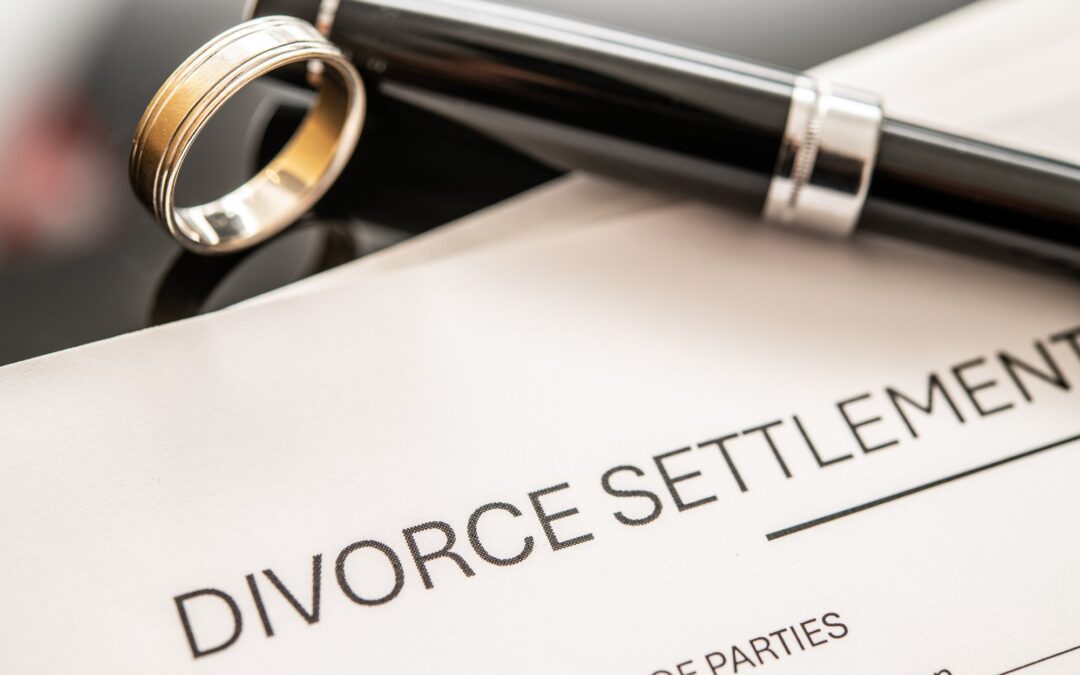Consulting an experienced matrimonial attorney when you are divorcing is essential to help ensure you get the best advice, present a strong case and protect your rights. However, you don’t have to cede all control to your attorney. It is your life and divorce, and ultimately, you are the one entitled to decide what happens. If you disagree with the attorney’s divorce strategy in your case, you should speak up, but keep these factors in mind before making a decision about what path to take:
Have you voiced your opinions and priorities?
When you first meet with an attorney, he or she should ask detailed questions about what is most important to you and what is negotiable. However, you also have to be honest with your attorney about your priorities, concerns and expectations. This back-and-forth communication also should continue throughout the litigation to ensure that your attorney is taking action based on your wishes.
Is your attorney dismissive of your input or acting disrespectfully?
Unfortunately, some attorneys are arrogant, condescending and/or poor communicators. If that’s the case, you should look for another attorney. Even if they have the requisite legal skills, you shouldn’t feel intimidated by your lawyer into giving in. You also want to be mindful of an attorney who treats you this way because he or she may have an alternative motive, such as that the strategy may result in higher fees or less work for the attorney.
Has your attorney explained why he or she recommends a particular strategy and/or is concerned about the one you wish to take?
Your lawyer should educate you about your rights and obligations as well as provide you with an honest assessment of the prospects for your case. This includes comparing the risks and rewards of implementing one strategy over another so you can make a well-informed decision.
Are you trying to get your attorney to do something that he or she cannot do legally or ethically?
Generally, your attorney has to defer to your wishes. However, he or she cannot violate any laws or ethical rules, such as making allegations that the attorney knows to be false or withholding evidence that a court has ordered to be produced.
Have you gotten a second opinion?
If you are concerned about your attorney or question the advice you are getting, consult another lawyer for a different perspective. You have the right to do this and it doesn’t necessarily mean you will change lawyers. In fact, doing so may confirm the choice you initially made.
Your attorney’s job is to counsel you regarding the best path to take, but you are not required to take his or her advice. Discuss your concerns first and make sure you understand the pros and cons of your decision. Then know that if you disagree with your attorney’s strategy in your divorce case, you can change it or find another attorney that is better suited to you.
Contact us to discuss how we are the right choice for you and your divorce.

